Lucas Alario: 'The penalty area is my office'
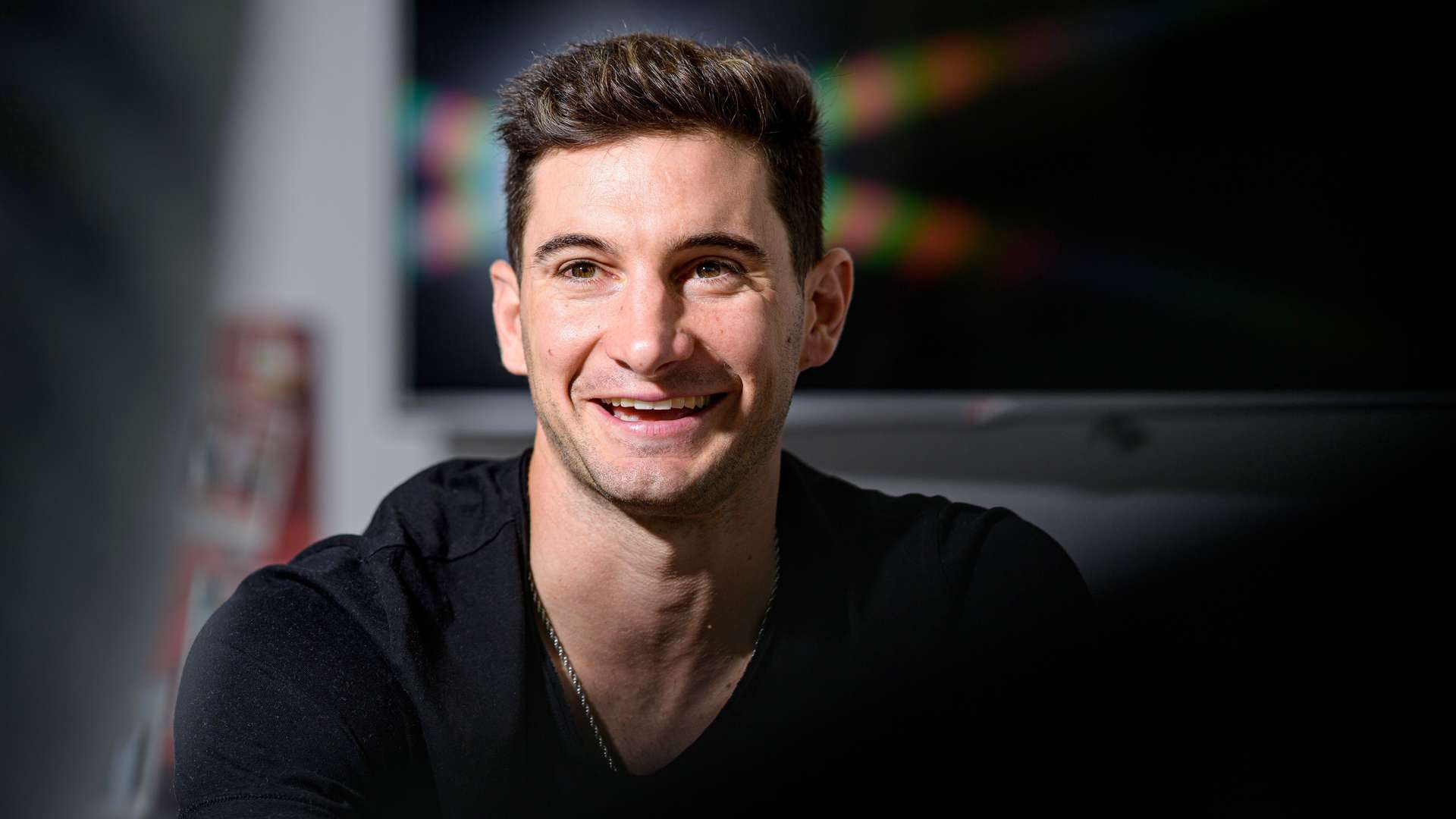
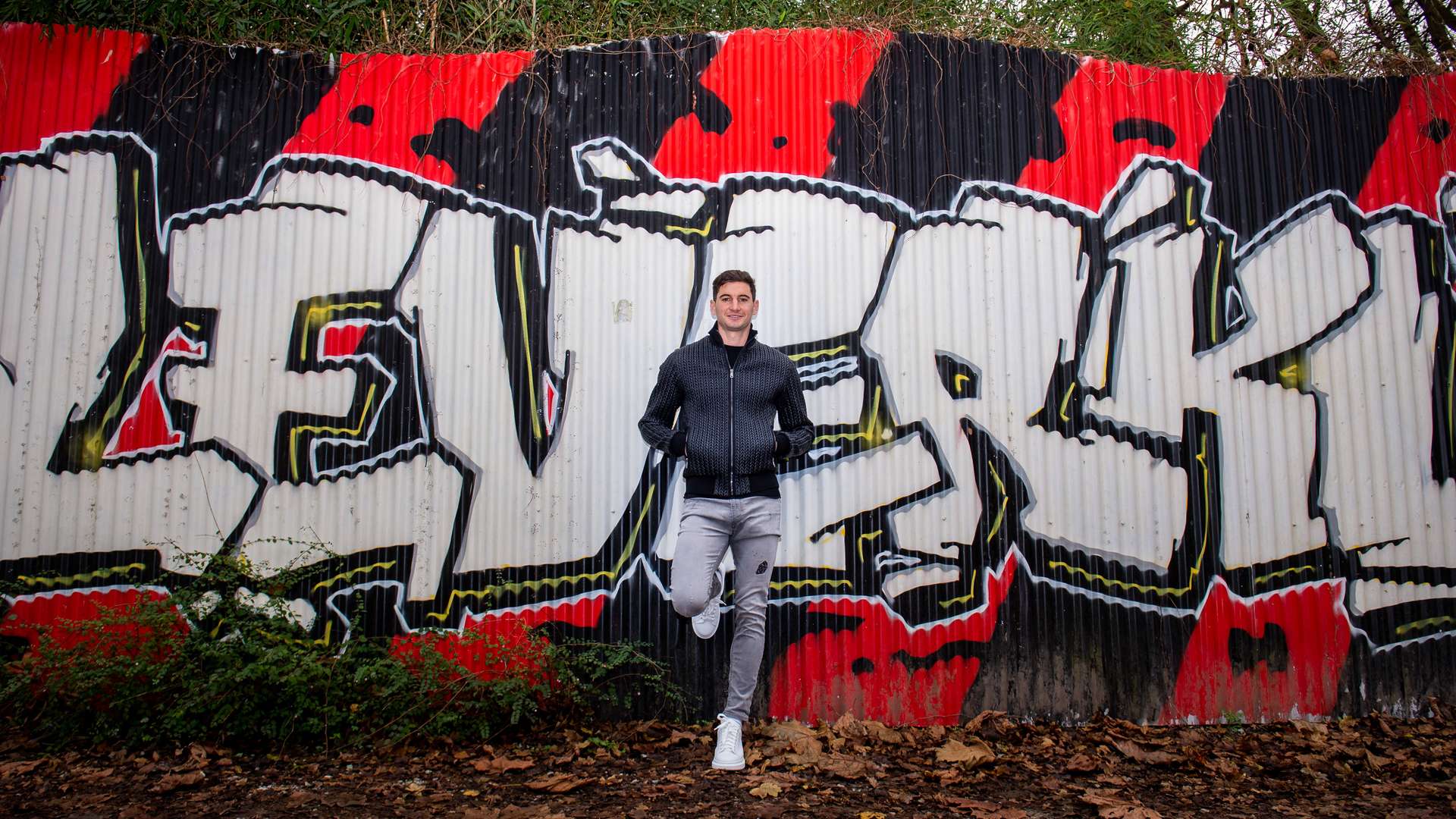
„Bayer 04 are seen as one of the really big clubs who are always competing at the top and are regularly in the Champions League.
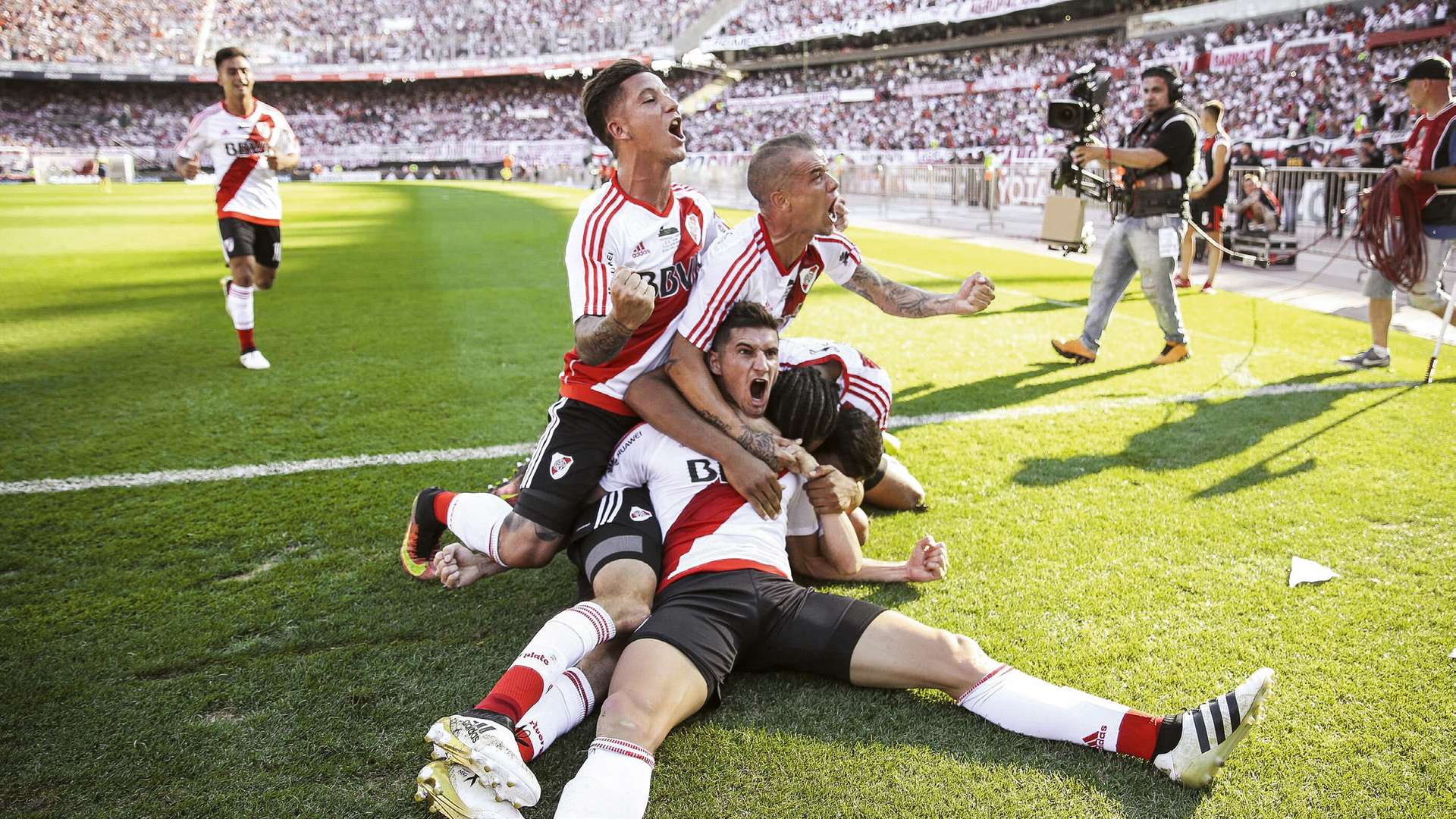
Great moment: Lucas Alario scores in the 2015 final of the Copa Libertadores for River Plate against UANL Tigres.
„'ve learned a lot here and seen why the country is so successful as it is: quality-of-life, discipline, everything works, and upbringing and education are exemplary.
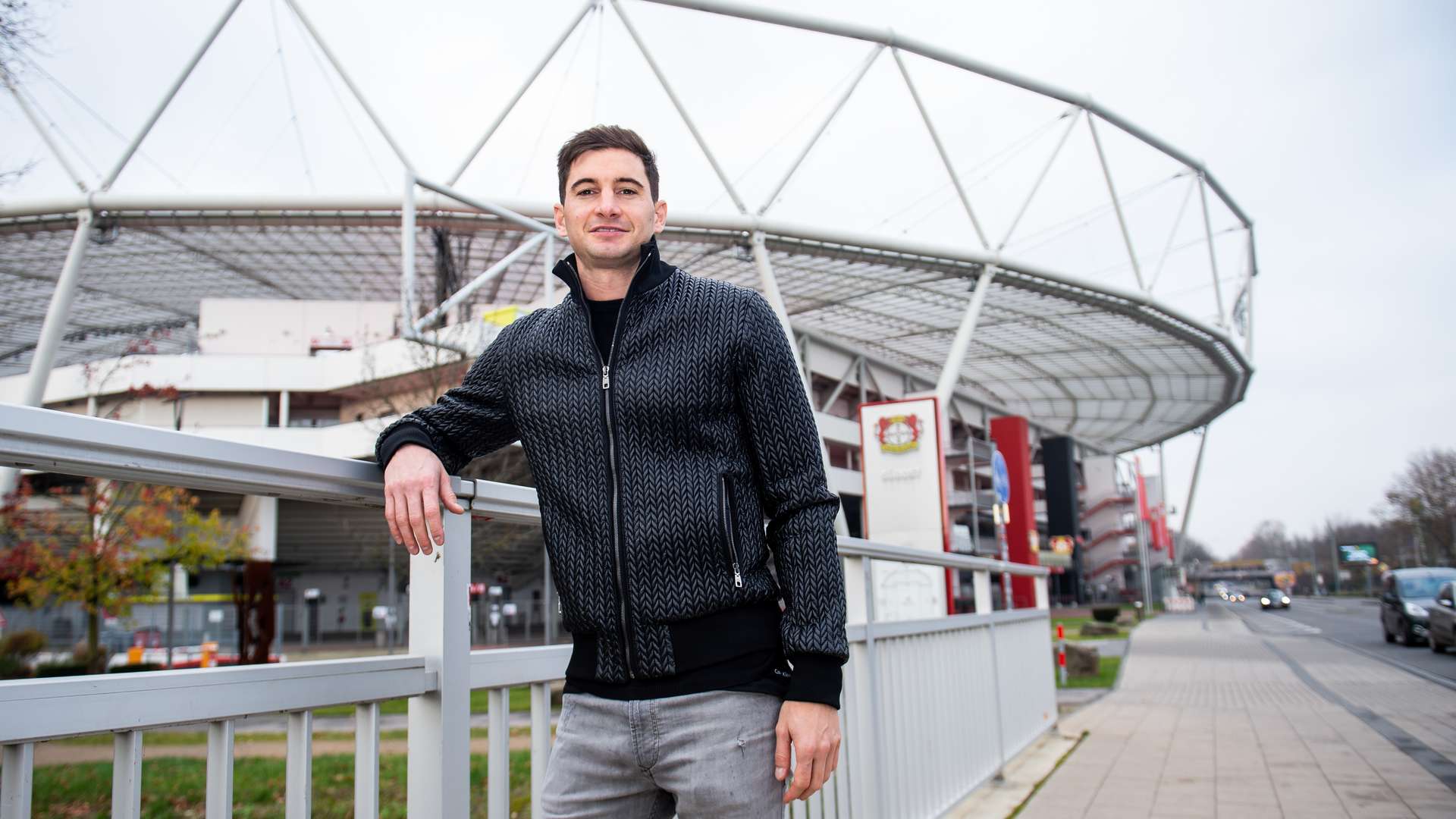
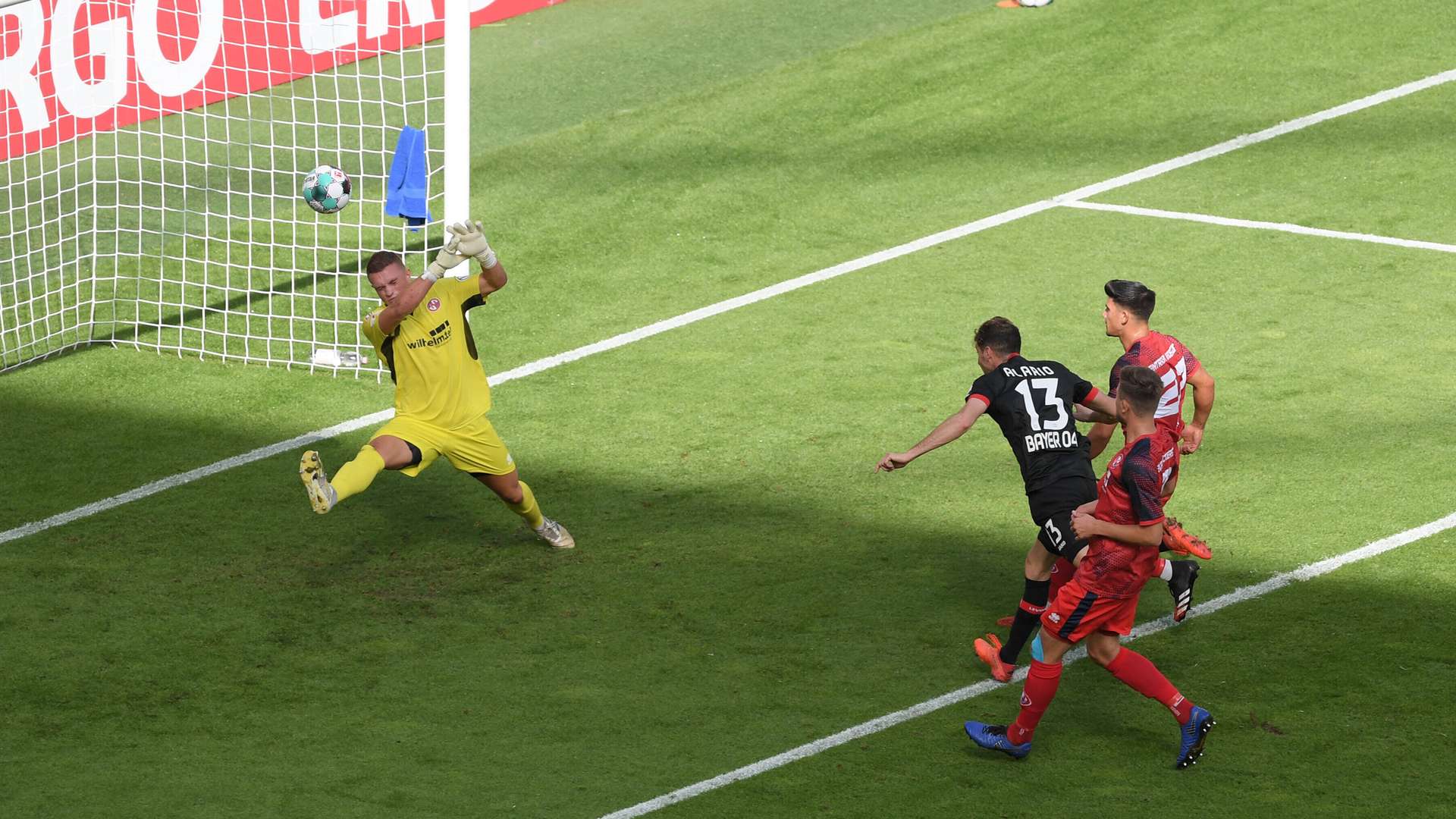
The penalty area is his patch: Lucas Alario sees himself as a classic number nine.
„I've always played right up front and was the one to finish attacks.
